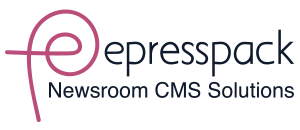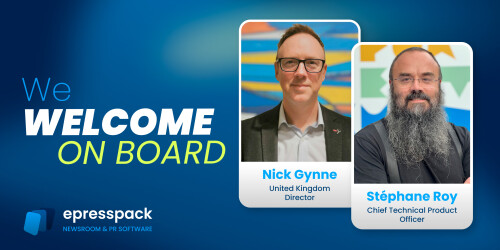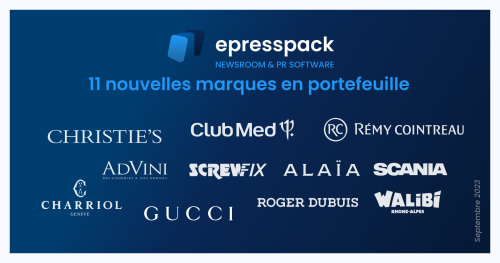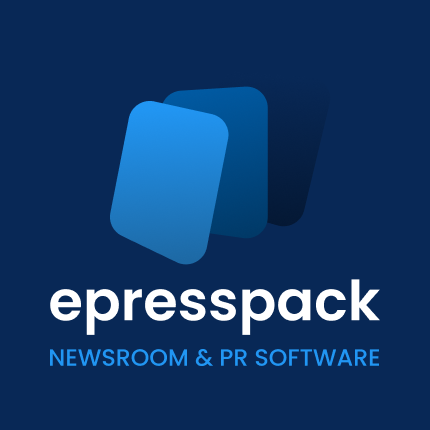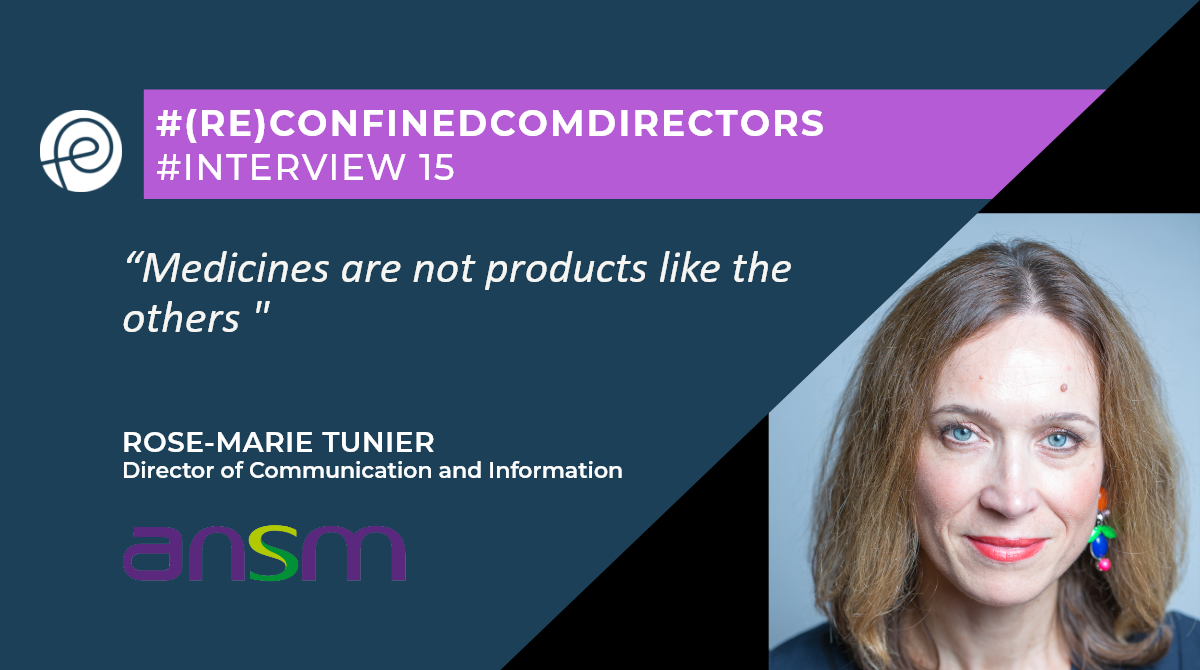
Rose-Marie has deployed press relations and public relations campaigns as well as public affairs and crisis management programs for brands and companies such as Carrefour, McDonald's, Danone, FDJ as well as institutional players, such as the Road Safety or the Ministry of Labor. Today, it is another public actor that it supports, the ANSM, which authorizes medicines and health products, ensures their availability, guarantees the safety of products throughout their life and for whom communication is an integral part of the mission. A mission under high tension, therefore, with the help of a team of 25 experts.
Making the drug policy in terms of communication, what does it entail?
It is always to be in risk management, to anticipate and to work in an open system of dialogue and consultation with the stakeholders. The ANSM is an exposed and solicited public service which makes more than 80,000 decisions per year, most of which concern drugs or health products. Communication and information issues are crucial for making our missions known and explaining the decisions to as many people as possible, but also how they were constructed and how they are taken. We are constantly advancing in collegiality and in interactions with associations of patients, doctors, pharmacists, scientists… and listening to our environment. For example, it is not uncommon for us to organize public hearings, even before making a decision, which is broadcast live bringing together professional patients and health experts. We also call on contributions from outside the scientific world, such as sociologists or philosophers, because the ANSM is an agency that must understand the world and the challenges of a society in which it operates and lives in constant questioning.
Where are you in digital transformation?
Our investment in social media is relatively new. For about 3 years, networks have enabled us to identify opinion leaders, patient groups, etc. sensitive to our decisions, to expand our audience and have also served as distribution channels for our information. Our Twitter and Linkedin accounts are attracting more and more audiences; + 30% Twitter followers and + 60% LinkedIn subscribers this year. We also redesigned, with the help of stakeholders, our website. More modern, more lively, accessible and practical, it will speak to all audiences, both drugs and health products and their proper use . . And then we work more and more with traditional media. Each year, the impact increases on subjects as diverse as dependence on analgesics or cannabis for medical use, the experimentation of which will begin in 2021. Our relationship with the media is again dynamic, proactive, and educational.
A lack of information and lives can be endangered. Does it make your daily life less light?
Medicines are not products like any other and they generate a lot of discussion, debate and emotion. To be attentive, to listen, to explain, to convince, it is my daily life for 4 years. It is a fascinating job and also very engaging with regard to health issues, themselves at the heart of social issues. I already consider the profession of communicator to be engaging, but exercising it for the public service whose vocation is patient safety, gives us a special responsibility. We must remain very attentive to our actions, to the scope of our actions and our decisions. This is a major point that we integrate into our way of working every day.
Communications in the time Covid, what does it look like?
Communication around Covid-19 is mainly carried out by the Ministry of Health, but we contribute to it and our experience in risk management helps us a lot. We have shared a great deal of information and provided proof of education on how pharmacovigilance works, clinical trials, the supply of drugs or innovative medical devices. Our website has also been put to great use, our relations with the media too. Today, at ANSM, we are not in communication of crisis strictly speaking as during the first confinement. We are working on the high-voltage issues of COVID, but enriched by the experience and the hindsight of the first period Vaccines and their arrival in France in 2021 will of course occupy all our attention, without neglecting other urgent subjects.
How do you go about informing the general public without being anxious?
We prepare the ground, we assess the risks and we discuss with our stakeholders, each time putting patients and healthcare professionals in front of each other. We are very careful to ensure that the messages are as simple as possible and as educational as possible. The more we explain things, the more we anticipate, the less we will be.
The ANSM, the DGS, the ARS, the HAS, the Ministry of Health… a lot of players and therefore a lot of messages on a sensitive subject. Too many messages kill the messages?
France has created many actors - DGS, HAS, ARS… - in the field of public health with specific and complementary missions and it is true that for the French, this does not always have to be readable every day. Each actor is part of the whole and we can communicate jointly and in synergy on transversal subjects.
The Covid, the Mediator, the Depakine … Is there a common denominator between all these health crises?
The situations are all different but they have as a common denominator, the patient. Society's expectations are changing and there is an ever-greater need for information and dialogue and we have to adapt. As a health authority, we must also know how to listen to the emotions they generate.
The appearance of medical figures on TV sets, their confrontations and even quarrels chapel, what does it make you think?
The French are thirsty to understand in this unprecedented context and the many scientific debates with their confrontation of points of view have been useful while also being a source of confusion for the French.
About ANSM
The National Agency for Medicines and Health Products Safety (ANSM) is the public actor which, on behalf of the State, provides access to health products and ensures their safety throughout their life cycle. It promotes access to innovative products through authorization procedures adapted to each stage of the drug's life before and after it is placed on the market. Through its assessment, its expertise and its surveillance policy, it ensures that the health products available in France are safe, effective, accessible and well used. The ANSM acts in the service of patients and their safety, alongside health professionals and in consultation with their respective representatives.



